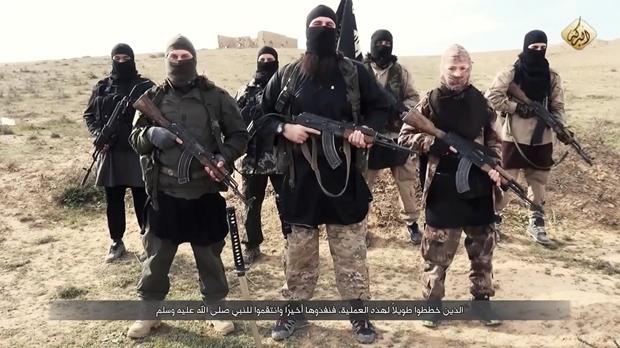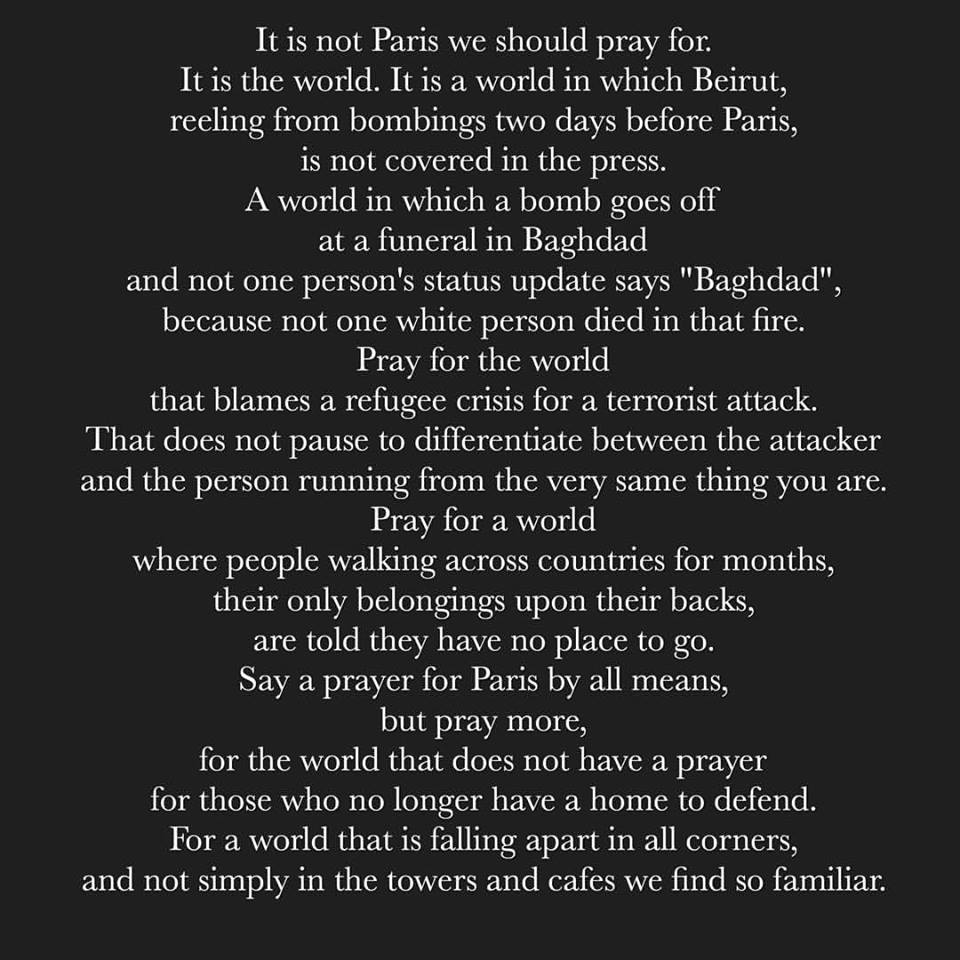 Today, November 1, 2015 is World Kobane Day. Most everyone remembers the battle for the Kurdish town last fall. Most everyone remembers the victory the Kurds gained after months of war against ISIS (Daesh) terrorists attempted to overtake the town. One year later, we pause to not only pay tribute to those who sacrificed everything in the struggle; we also are cautious that much is being overlooked or suppressed in the media regarding Turkey’s ongoing Kurdish question.
Today, November 1, 2015 is World Kobane Day. Most everyone remembers the battle for the Kurdish town last fall. Most everyone remembers the victory the Kurds gained after months of war against ISIS (Daesh) terrorists attempted to overtake the town. One year later, we pause to not only pay tribute to those who sacrificed everything in the struggle; we also are cautious that much is being overlooked or suppressed in the media regarding Turkey’s ongoing Kurdish question.
Kobane grabbed the world’s attention after being attacked in mid-October of 2014. Early on, Turkey predicted the city would fall to Daesh “within days.” Despite Turkey’s porous border regarding extremists wanting to join the Islamic State, they refused to allow Kurds across the border to help defend the Syrian town directly across from them.
After months of fighting and with the assistance of coalition forces airstrikes, the Kurds won back Kobane. The news crews left, and what remained of the city was mostly a pile of rubble where once stately buildings and beautiful homes had stood. Resourceful people, the Kurds set about rebuilding their town. It will take years and untold amounts of work and money, but these people will succeed.
But that is not the end of the story. Kobane is just one small glimpse regarding the Kurdish struggle in what was once glorious Kurdistan. Seen as a threat to Turkey’s sense of “one nation, one people,” since 1923 the government has engaged in an intentional direct assault against an entire ethnic group within its own borders.
Since Turkey’s elections on June 7, the pro-Kurdish party came in third, evidently thwarting the plans of President Recep Tayyip Erdogan in reaching the supermajority of 367 seats to be able to change the Constitution, granting him unlimited power and a position for life. In an apparent attempt to rectify this supposed miscarriage of the democratic process, Erdogan called for another snap election for November 1, seemingly to try once again to get his permanent dictatorship.
As the elections in Turkey approached, violence against the Kurds has only escalated. An actor, Haci Lokman Birlik, was murdered by Turkish security forces. Turkish officials released a jarring video showing Birlik’s body being dragged through the streets behind a police vehicle. The pro-government newspaper “claimed that dragging dead bodies in the streets was ‘routine practice’ around the world, a security measure to check if the body was booby-trapped.”
Cemeteries are being blown up across Kurdistan, destroying the history of families, communities and lives around them.
When the bodies of 13 Kurdish fighters killed in Syria in a battle against Daesh were brought to Turkey’s border gate in the Kurdish province of Sirnak for burial, the Turkish authorities refused to give the dead bodies to their families. Protests were held and for 10 days families had to agonizingly wait while the bodies were held in a refrigerator truck at the border.
Those journalists who dare to attempt to cover these stories end up with their own extrajudicial killings, offices raided or bombed, families tortured, and long stays in Turkish prisons.
“On August 9, Abdullah Demirbas, the former mayor of the Sur municipality in Diyarbakir, was arrested by Turkish authorities … [and] a list of charges were filed against him.” The report goes on to list Demirbas’ “crimes” as doing his job as mayor. “Most unforgivable in the eyes of the Turkish authorities, however, was: “For printing a children’s book and tourist brochures in Kurdish,” according to the same profile, “Demirbas was accused of misusing municipal resources. For giving a blessing in Kurdish while officiating at a wedding ceremony, he was accused of misusing his position … and for proposing that his district should employ Kurdish-speaking phone operators and print public-health pamphlets in Kurdish, he was accused … of aiding a terrorist organisation.”
On October 10, two bombs exploded at a peace rally in Ankara. 102 people were killed and over 400 were injured. The Turkish government is placing blame on the Kurdish community for these bombings. In actuality, security at the rally was so heightened that the only perpetrators of such an act would have been the security officials themselves or parties related to them.
And most recently, just as President Barack Obama announced sending troops to assist the Kurds in Syria, “Turkey’s military fired on U.S.-allied Kurdish fighters in northern Syria in a bid to keep them from advancing toward the border, the Turkish prime minister said Tuesday. The comments by Ahmet Davutoglu were the first time that Turkey has confirmed the use of force against ethnic Kurdish militias in neighboring Syria.” How long before a Turkish soldier kills an American while shooting at a Kurd? What happens when a NATO country starts killing the troops of another NATO country? And how will Russia, also a player in the Syrian theater of war, react?
From a recent article, “What Turkey is engaging in appears an attempt at historicide, just as al-Qaeda and ISIS have done in Bamiyan and Palmyra and throughout Iraq — and as the Palestinian Authority did last week with the help of a duplicitous UNESCO by labeling the Jewish holy sites of Rachel’s Tomb and the Cave of the Patriarchs as Muslim sites. They have been trying permanently to delete the memories of entire nations.”
Will the Turkish election on the same day as World Kobane Day matter? For the Kurds, most likely not. Regardless of the outcome, the Turkish officials will exact on the Kurdish people within their own population what has always been given them: no rights, no peace, no language, no protection, no freedom and no future. They will seek revenge for the Kurds having attempted to gain rights to exist in their original homelands through the democratic process.
As Turkey continues to slide away from any resemblance of a peace process and returns more toward the mistreatment reminiscent to that of the years leading to the coup, more towns in southeast Turkey will suffer the fate of Kobane. But this time it won’t be Daesh doing the damage; it will be the Turkish government continuing its attempt to rid itself of anyone that is not a Turk.
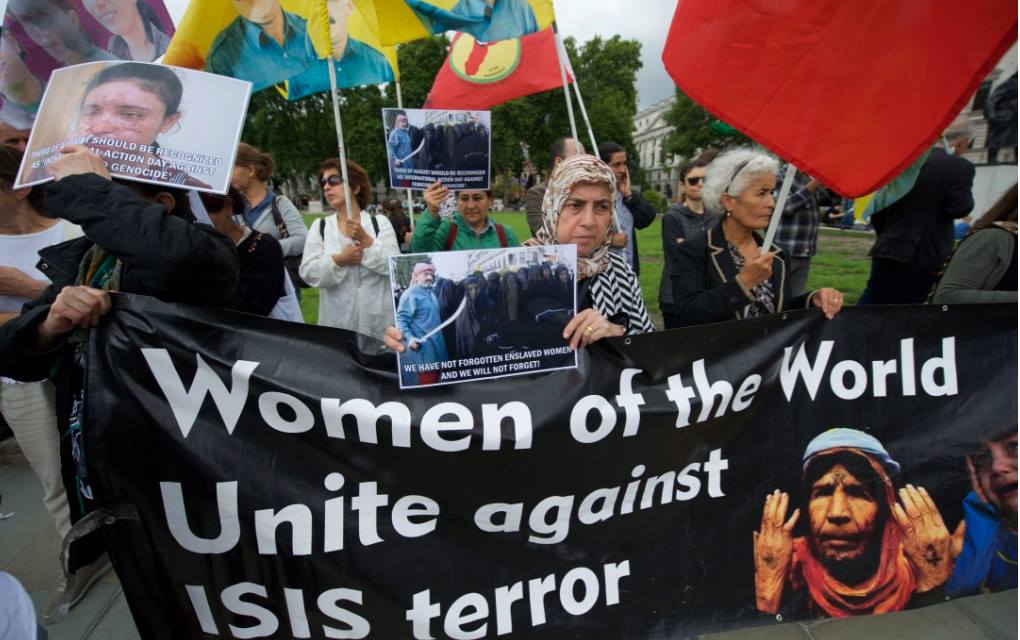


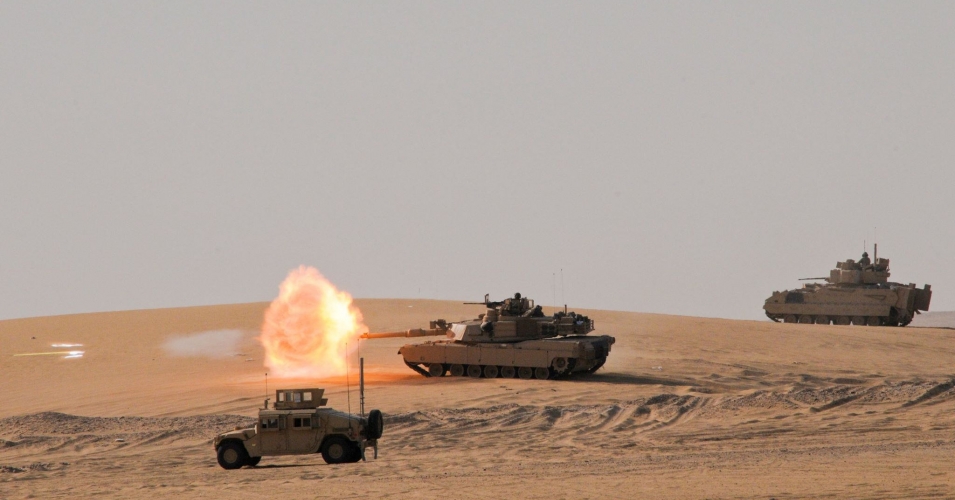
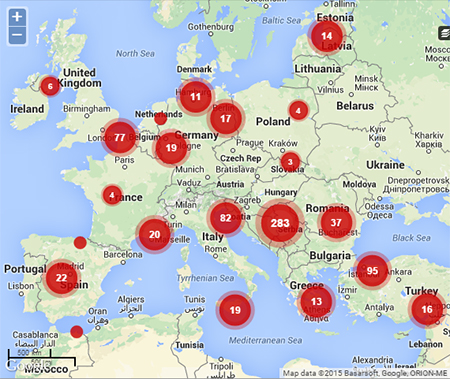
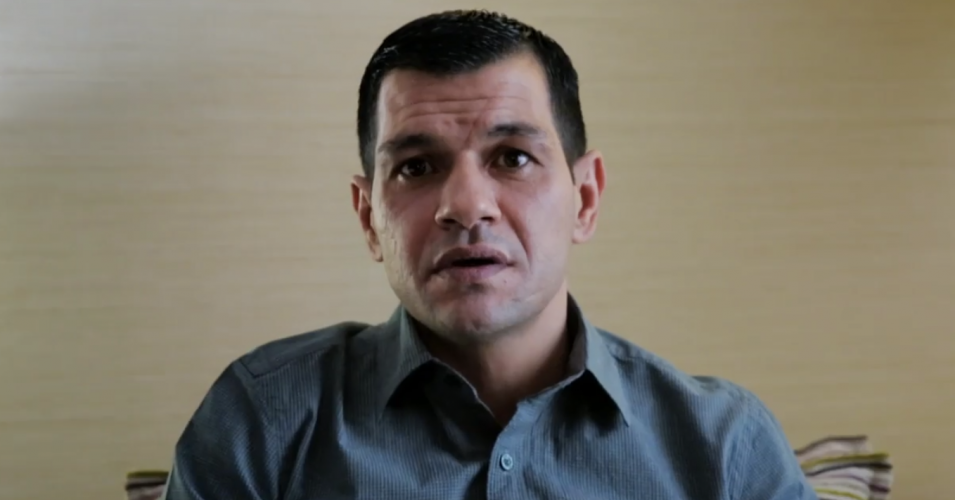
![Muslim girls at Istiqlal Mosque in Jakarta posing in front of the camera. Photo by Henrik Hansson - Globaljuggler (Own work) [CC BY-SA 3.0] via Wikimedia Commons](http://occupyworldwrites.org/wp-content/uploads/2015/12/512px-Muslim_girls_at_Istiqlal_Mosque_jakarta.png)
